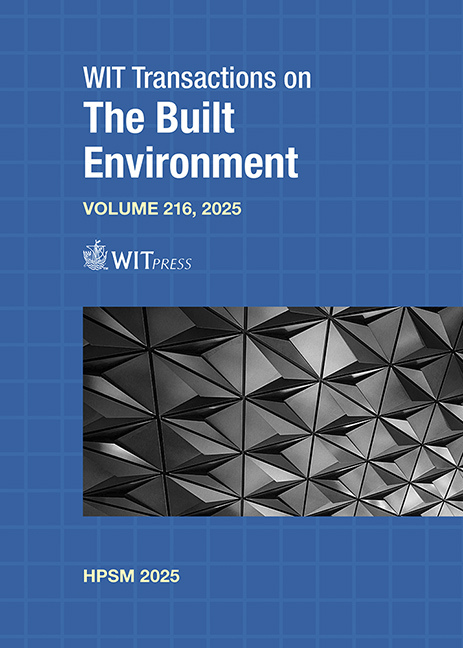ELONGATIONAL FLOW EFFECT ON THE PERFORMANCE OF BIOMASS POLYMER ALLOYS
Price
Free (open access)
Transaction
Volume
216
Pages
12
Page Range
15 - 26
Published
2025
Paper DOI
10.2495/HPSM250021
Copyright
Author(s)
RYO SEIRIKI, BIREI TANAKA, TATSUYA TANAKA, MASAHIRO SASADA
Abstract
In the context of environmental conservation, there is an ongoing transition from petroleum-derived plastics to biomass-derived plastics, a shift that encompasses the field of engineering plastics. One example is bio-polycarbonate (Bio-PC). The aim of this study was to enhance the impact strength of PMMA, an acrylic resin that is characterized by brittleness, by alloying it with Bio-PC, a ductile material with excellent impact resistance. In the PMMA/Bio-PC system, which is incompatible and has a two-phase morphology, the dispersion and distribution of the dispersed phase are important for the development of impact resistance properties. In the PMMA/Bio-PC system with different viscosity ratios, the kneading method employing elongational flow has been shown to be effective when composites are produced using a twin-screw extruder. Therefore, a comparison was made between conventional shear kneading and elongational kneading. The results showed that the kneading method using elongational flow was effective in terms of dispersibility, although no significant difference in distributivity was observed. It was found that there is a possibility that further improvement of distributivity in the kneading method using elongational flow can lead to the development of enhanced impact properties.
Keywords
polymer alloy, elongational flow, twin screw extruder, impact strength





